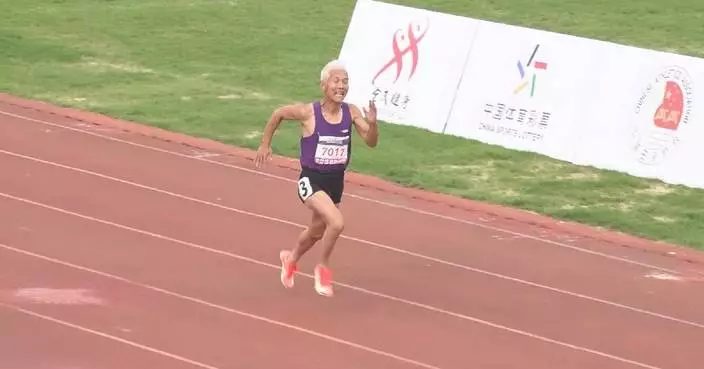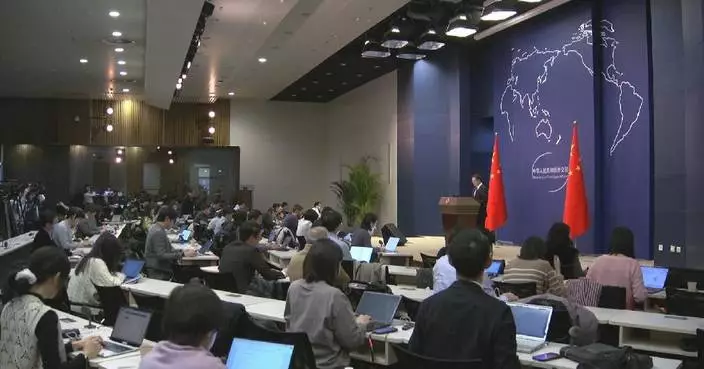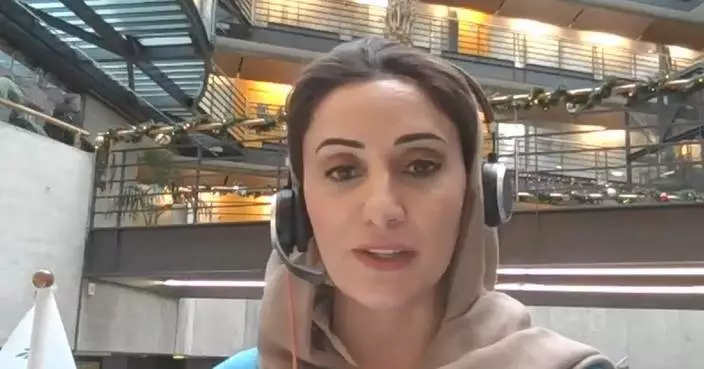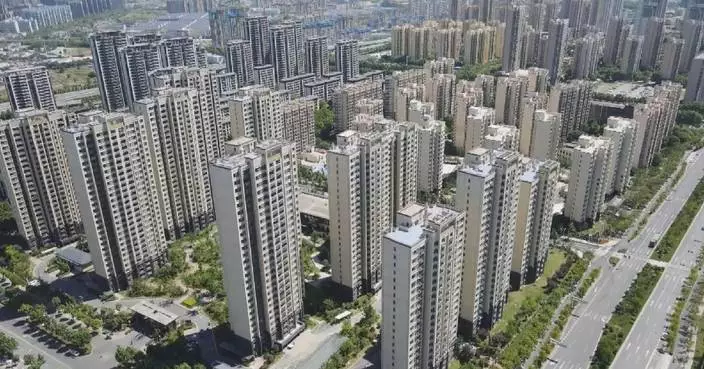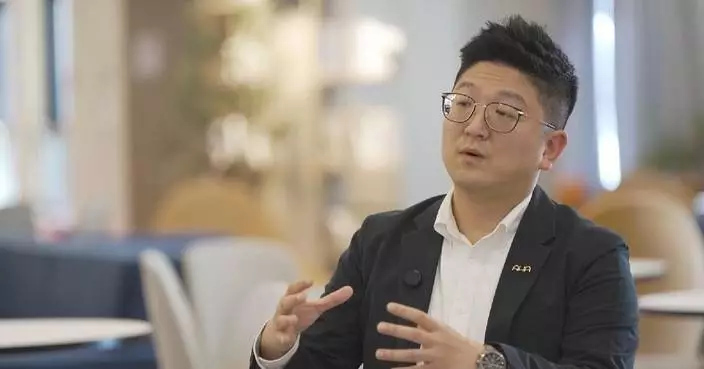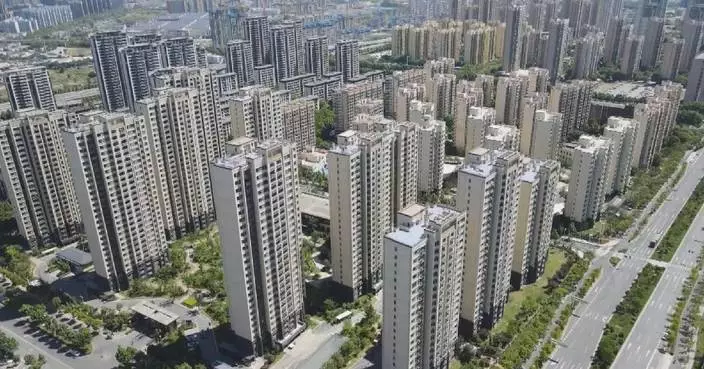The International Symposium on the Modernization Process of Postwar Japan and the Prospects for Sino-Japanese Cooperation was held in Beijing last weekend, gathering around 60 scholars from both sides.
Speaking at the two-day event, Zhao Zhimin, secretary general of the Chinese Academy of Social Sciences, noted that China-Japan cooperation has broad prospects and great potential and listed several aspects that the two sides should focus on.
"First, it is important to establish the right understanding and promote greater improvement of China-Japan relations. Second, both countries should work together to face challenges, practicing true multilateralism and open regionalism. Third, share the responsibilities to promote constructing an Asian community with a shared future. Fourth, strengthening exchanges and mutual learning," Zhao said.
During the discussion, many talked about the meeting between Chinese President Xi Jinping and Japanese Prime Minister Shigeru Ishiba last month, expressing hopes that the meeting would boost bilateral ties.
"In the recent meeting, the two leaders reaffirmed a series of important principles which has given new impetus to China-Japan relations and also provided important political guidance for future development. So, it is clear that China-Japan relations are seeing an opportunity for a positive transformation," said Yang Bojiang, director of the Institute of Japanese Studies under the Chinese Academy of Social Sciences.
China is granting trial visa exemption to citizens of Japan from Nov 30, 2024 to Dec 31, 2025, which marks a big step in promoting people-to-people exchanges.
Keiji Ide, a former Japanese diplomat, is among the Japanese guests who traveled to China for the symposium under this policy. He expressed excitement about the positive impact it will have on bilateral relations.
"This time, I was able to come to China without needing a visa, and it was really easy. On the Japanese side, however, it's still a bit difficult for people from China to travel without a visa. But I think Japan needs to find ways to make the visa process easier. The people of two sides haven't met in person for a couple of years due to the coronavirus, which also led to misunderstandings. Now, people can meet more easily, ask questions directly, and get answers. I think this is really necessary and beneficial," he said.
The symposium was organized by the Chinese Academy of Social Sciences.
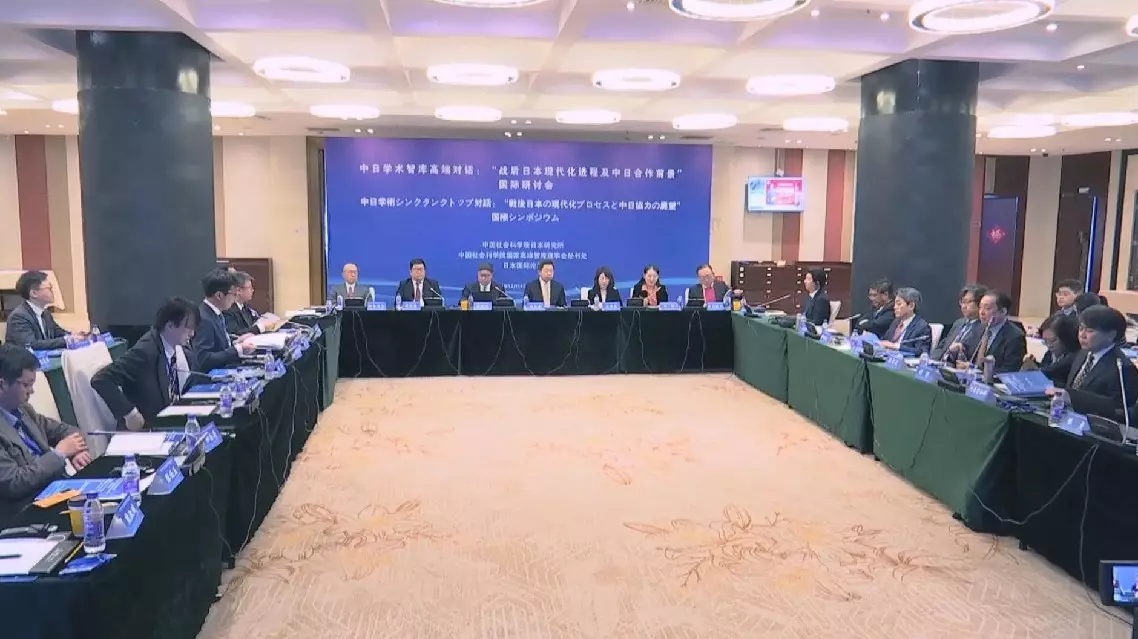
Symposium on future China-Japan cooperation held in Beijing
High-level support from the Chinese central government within the framework of "one country, two systems" principle secures the stability and development of the Macao Special Administrative Region (SAR), said Chief Executive Ho Iat Seng.
Ho made the statement in an interview with China Global Television Network (CGTN) on an occasion that Macao will celebrate the 25th anniversary of its return to the motherland on Dec 20.
Ho said support from the central government and connectivity with the mainland have helped Macao go through the most difficult time during the outbreak of the COVID-19 pandemic.
"I have been in office for five years now. Soon after taking office, the epidemic [COVID-19 pandemic] broke out. We acted quickly and established an effective prevention and control mechanism. We have strengthened cooperation with the mainland. We have withstood the most severe impact since the reunification [Macao's return to China in 1999], but thanks to the high-level support for 'one country, two systems', strong support from the central government, Macao has maintained stability and development," Ho said.
"In the first three years of administration during the pandemic, the work on the economy and people's livelihood could not stop. We used this time to vigorously promote infrastructure development and make up for some shortcomings. We strengthened connectivity with the mainland and other places to prepare for all customs circulation in Macao," said the chief executive.
Ho said that during his five-year administration, the SAR government has taken multiple measures to improve the people's livelihood and support the region's economic development.
"In addition, the government of Macao have maintained sound fiscal reserves, providing a strong guarantee for infrastructure construction and livelihood projects. During the epidemic, the Macao government did not reduce any welfare input for the people, but increased it. On housing, the SAR Government has made great efforts to provide economic housing and social housing to those in need. We have also introduced a policy of free healthcare and education. The SAR Government continues to implement the cash sharing scheme. If members of the public or enterprises have difficulties, the SAR Government will certainly provide support, especially for small and medium-sized enterprises," Ho said.
Sam Hou Fai was elected by an overwhelming majority as the sixth-term chief executive designate of Macao SAR in October. Ho said the past five years have laid a solid foundation for the new administration.
"After five years of hard work, despite a large amount of infrastructure and social welfare spending, the current SAR government still has a fiscal surplus of 50 billion to 60 billion Macao dollars (6.24 billion to 7.49 billion U.S. dollars) to be handed over to the next SAR Government, and there are no domestic and foreign debts, not a single cent of bonds have been issued, and no payments are owed to construction companies for infrastructure projects. Our government's financial resources are sound, which has also created vital conditions for the steady and long-term implementation of 'one country, two systems' in Macao," he said.
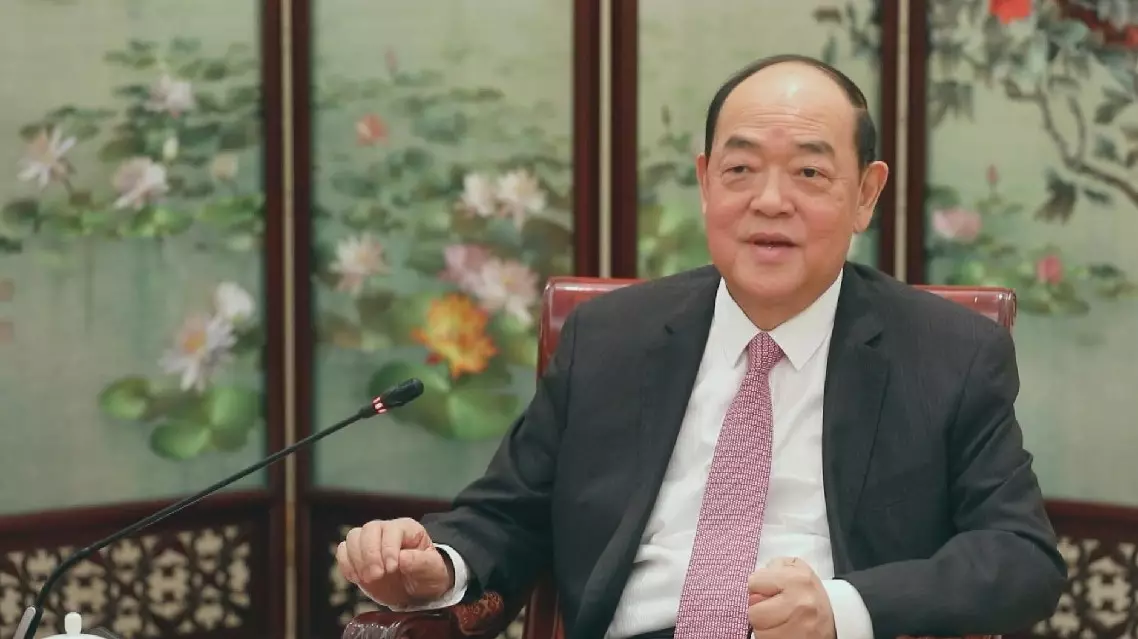
Central government's support secures stability, development of Macao SAR: chief executive





